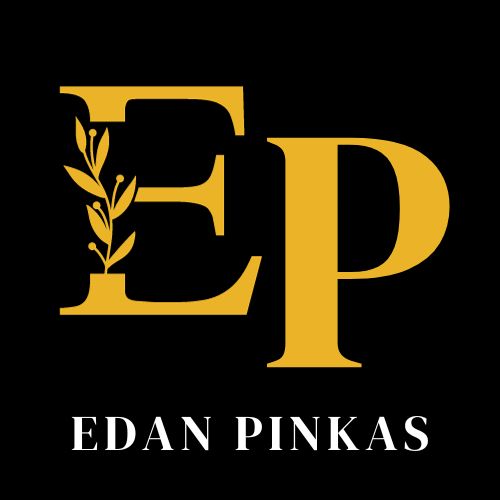Effective assessment is a cornerstone of education, providing valuable insights into students’ progress, understanding, and learning outcomes. However, traditional assessment methods often fall short of capturing the diverse skills, abilities, and knowledge students possess.
To ensure meaningful student evaluation and promote deeper learning, educators must employ a variety of assessment strategies that align with instructional goals, engage students, and provide actionable feedback. Here are some assessment strategies for fostering meaningful student evaluation:
Formative Assessment
Formative assessment is an ongoing process that provides real-time feedback to both students and teachers during the learning process. It helps educators gauge students’ understanding, identify misconceptions, and adjust instruction accordingly. Formative assessment strategies include quizzes, polls, exit tickets, think-pair-share activities, and classroom discussions. By incorporating formative assessment into daily instruction, educators can promote active learning, address individual needs, and monitor student progress effectively.
Performance-Based Assessment
Performance-based assessment tasks require students to apply their knowledge and skills to real-world scenarios or authentic tasks. Examples of performance-based assessments include projects, presentations, portfolios, case studies, and simulations. These tasks allow students to demonstrate their understanding in context, showcase their abilities, and engage in higher-order thinking processes such as problem-solving, analysis, and synthesis. Performance-based assessment encourages deeper learning, promotes critical thinking, and fosters creativity and innovation.
Peer Assessment
Peer assessment involves students evaluating and providing feedback on their peers’ work or performances. It encourages collaboration, peer learning, and metacognitive awareness as students reflect on their own work and that of their peers. Peer assessment can take various forms, including peer reviews, group evaluations, peer editing, and peer grading. By involving students in the assessment process, educators empower them to take ownership of their learning, develop communication skills, and gain insights into different perspectives.
Self-Assessment
Self-assessment encourages students to reflect on their learning progress, strengths, areas for improvement, and goals. It helps students develop metacognitive skills, self-regulation, and accountability for their learning outcomes. Self-assessment activities may include goal-setting exercises, learning journals, rubric-based reflections, and self-evaluations of work. By engaging in self-assessment, students become more independent learners, develop a growth mindset, and take an active role in their educational journey.
Alternative Assessment Formats
In addition to traditional tests and exams, educators can use alternative assessment formats to assess students’ learning in diverse ways. These may include open-ended questions, problem-solving tasks, concept maps, debates, Socratic seminars, and multimedia projects. Alternative assessment formats accommodate different learning styles and preferences, allowing students to demonstrate their understanding through multiple modalities. They promote creativity, critical thinking, and authentic assessment of student learning.
Assessment for Learning Progression
Assessment for learning progression involves tracking students’ growth and development over time rather than focusing solely on summative evaluation. It emphasizes continuous improvement, mastery learning, and individualized support for students. Educators can use longitudinal assessments, benchmark assessments, and growth-tracking tools to monitor students’ progress, identify learning trajectories, and provide targeted interventions as needed. Assessment for learning progression promotes equity, personalized learning, and holistic evaluation of student development.
Data-Informed Decision Making
Lastly, meaningful student evaluation involves using assessment data to inform instructional decisions, curriculum planning, and educational policies. Educators analyze assessment results, identify trends and patterns, and make data-driven decisions to improve teaching and learning outcomes. Data-informed decision-making supports evidence-based practices, fosters accountability, and promotes continuous improvement in education.

